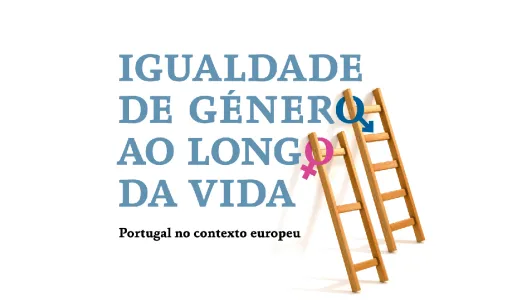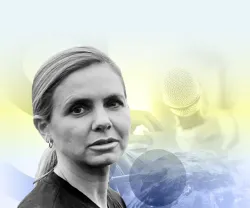
Gender equality throughout life
A person's gender and age condition their interactions, perceptions and social expectations, as well as their power relations, opportunities and living conditions. Looking at three "ages of life" (1. Infancy and youth – up to the age of 29; 2. Rush hour of life – from the age of 30 to 49; and 3. Late stage of working life – from the age of 50 to 65), this study by Fundação Francisco Manuel dos Santos seeks to understand and portray how generational contexts and age influence gender relations in areas of Portuguese social life such as:
- education;
- the labour market;
- family life;
- the work-family relationship;
- health;
- gender-based violence.
This study compares Portugal to the rest of the European Union from the beginning of the 21st century until 2016. It also takes a closer look at eight European countries: Germany, Spain, France, Poland, Portugal, the United Kingdom, the Czech Republic and Sweden, reflecting different welfare state models.
In essence, the aim was to map and characterise the differences and similarities between men and women, analysing the relationships between gender and social contexts in Portugal and other European countries.
Although this is essentially an extensive approach and a means of global mapping and characterisation, we also tried to put forward explanatory hypotheses for the differences and similarities found between men and women and at different ages of life, based on the contributions of gender theories and the social sciences.
Through the publication of this study, FFMS aims to raise awareness of this important reality in Portuguese society and contribute to the debate on gender issues, so that public policies can achieve better results in this area.










